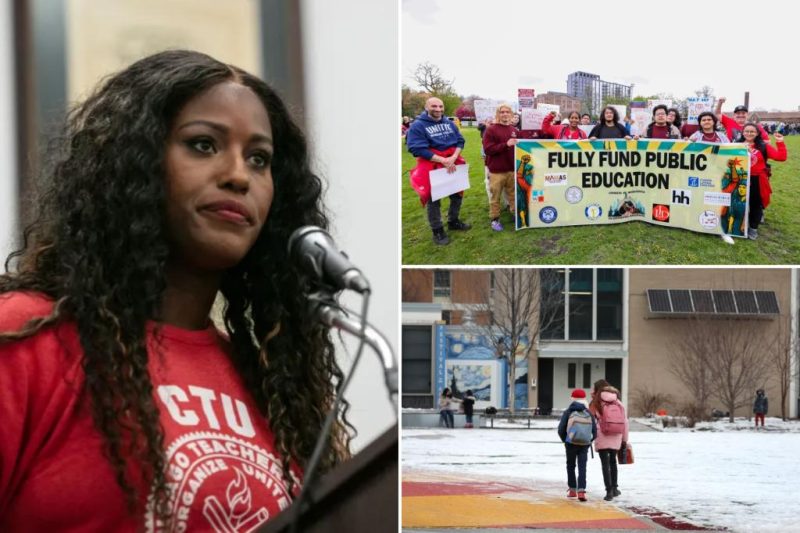
The statement made by Chicago Teachers Union (CTU) President Stacy Davis Gates during a recent speech at the City Club of Chicago has ignited a firestorm of controversy. Gates asserted that children belong to the school system, a claim that has drawn sharp criticism and sparked a heated debate about the role of schools and the rights of parents. The exact wording of her remarks remains somewhat unclear, with some reports suggesting a more nuanced context than initially presented. However, the core message – that schools have a significant level of ownership or responsibility over students – is undeniable and has ignited a flurry of discussions across social media and news outlets.
The implications of such a statement are far-reaching. Many argue that this statement undermines the fundamental rights of parents and families, suggesting that schools have a greater claim to a child’s well-being and development than their own parents. This perspective directly challenges the traditional understanding of parental authority and the family unit’s central role in a child’s life. Critics express concerns about the potential for this idea to be used to justify increased governmental control over parenting choices and family dynamics.
Supporters of Gates, however, may argue that her statement reflects a commitment to ensuring that children receive the best possible education and support. They might point to the significant role schools play in a child’s life, providing not only education but also crucial services such as meals, healthcare, and social support. From this perspective, the statement could be interpreted as an emphasis on the importance of collaboration between schools and families in fostering a child’s development.
Regardless of the intended meaning, the controversy surrounding Gates’ statement highlights the ongoing tension between the roles of schools, families, and the state in raising children. The debate underscores the need for open and honest conversations about the responsibilities and limitations of each entity, ensuring that the best interests of the child remain the paramount concern. A clear and respectful dialogue is crucial to navigate this complex issue and foster a collaborative environment that supports both children and families.










